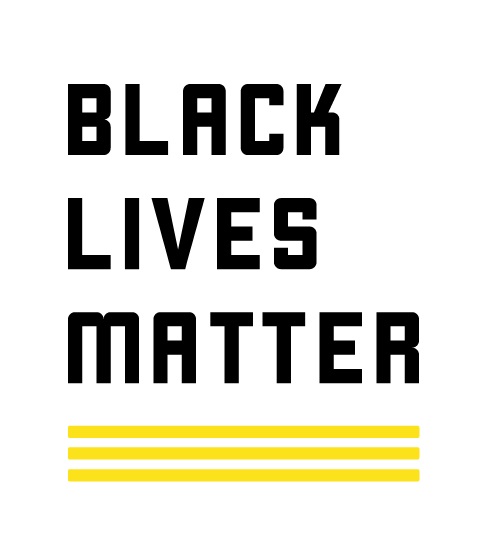Williams College cancels all campus events through April 30, 2020 that have an expected attendance of 100+.
From President Maud Mandel on March 9 re) Additional steps for COVID-19 prevention & mitigation:
Williams students, faculty and staff,
The COVID-19 virus is continuing to spread nationally, including a confirmed case in Clarksburg, MA, 7 miles east of Williams, and another in Bennington, VT. I am writing today to announce further steps to protect campus and prepare for the possibility that a case occurs here despite our best efforts. You can always find this information on the college’s COVID-19 website, too.
Since activities involving heightened personal interaction, including gatherings and travel, can be a source of exposure, we are making the following changes as of today:
First, college-sponsored international travel will not be allowed through April 30, 2020, with a possible extension beyond that time if it becomes necessary to ensure campus health. College funds may not be used for any trips occurring during this time. This is partly to limit the risk to our community, and partly because all of us as members of society have an ethical obligation to avoid activities that increase the risk of contagion. It is not a decision we make lightly, and we will continue to review the situation with the goal of lifting the prohibition as soon as evidence indicates it is safe to do so.
Second, we are canceling all campus events between now and April 30, 2020 that have an expected attendance of 100 or more. The college has meeting spaces that can accommodate crowds of fewer than 100 while allowing the recommended six-foot minimum distance between guests to limit contagion. For this reason, we believe 100 people is a meaningful cutoff point for now. Again, we are continually reviewing the situation and will inform you if it becomes necessary to extend or amend the policy. As part of our decision, we are also canceling Previews, our campus program for admitted students and families, which was scheduled to begin on April 20. There will also be no admission tours, info sessions or admitted student overnights during this time, all decisions comparable to those made by a number of other schools around the country.
The COVID-19 team has begun contacting many organizers of affected events. If you fall into this category, faculty with questions should please contact the Office of Commencement and Academic Events, while students should reach out to the Office of Student Life. Staff, your point of contact will vary, so please work with the appropriate liaison for your particular program.
This global outbreak challenges all of us, not just logistically or economically, but psychologically. While in the great majority of cases the symptoms of COVID-19 will resemble the flu, the uncertainty demands resilience. It is important that we take time to care for ourselves and each other, and especially to think about the most vulnerable. Any Williams employee with a complicating condition or circumstance should contact the Office of Human Resources to request accommodations. The HR team will offer a streamlined, confidential process. Students, if you have health concerns please call Student Health Services right away—they will not accept walk-ins for now, to limit the risk of contagion, but are there to help you. The college will work with every student to help you complete your academic program safely.
This outbreak is challenging schools to think creatively about how to guarantee academic rigor under adverse circumstances, and I thank our faculty and staff for problem-solving to keep us on mission. Indeed, I’m grateful to everyone, from custodians and dining staff to Health Services, Study Away, Admission and Financial Aid, CSS and deans, student leaders, event hosts, and others who are all adjusting your work—sometimes day to day—to keep people safe and the college operating smoothly.
Our team has reviewed the situation with local, state and national public health experts, and they consistently ask us to emphasize to campus that the number one thing we can all do to protect ourselves is to practice good hygiene: wash hands frequently and for a minimum of 20 seconds at a time, cover coughs and sneezes with the crook of an elbow, avoid touching our faces, and avoid contact or proximity with anyone who is already ill.
Again, I appreciate your cooperation with the prohibition on travel and the ban on large campus events. We will review the outlook on both decisions frequently, and will let you know whether we need to extend them or whether they can be curtailed. These decisions have real consequences for our mission, jobs and lives, and I appreciate your temporary sacrifices for our collective health and safety.
Maud

